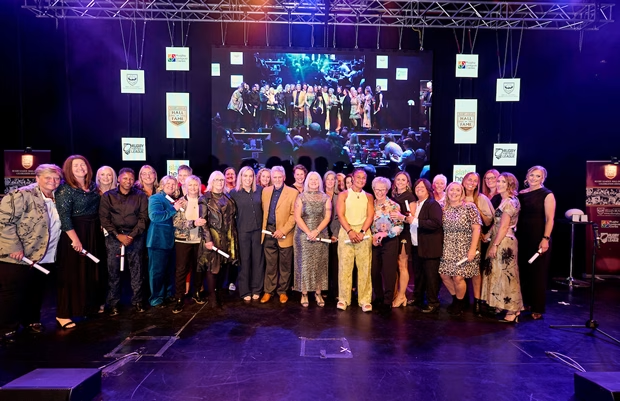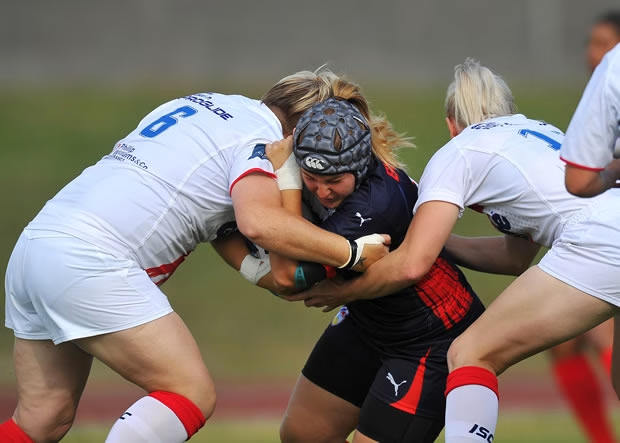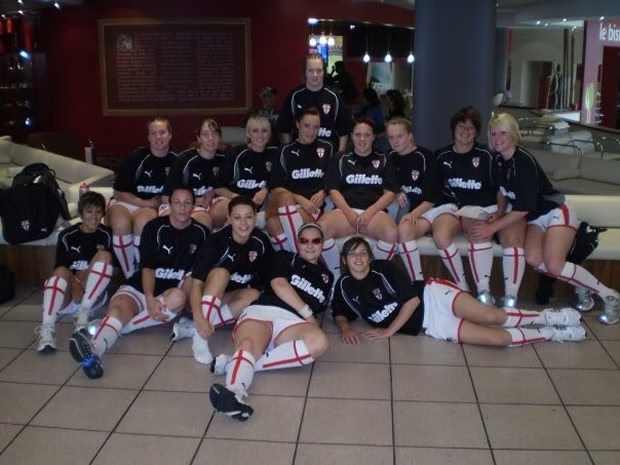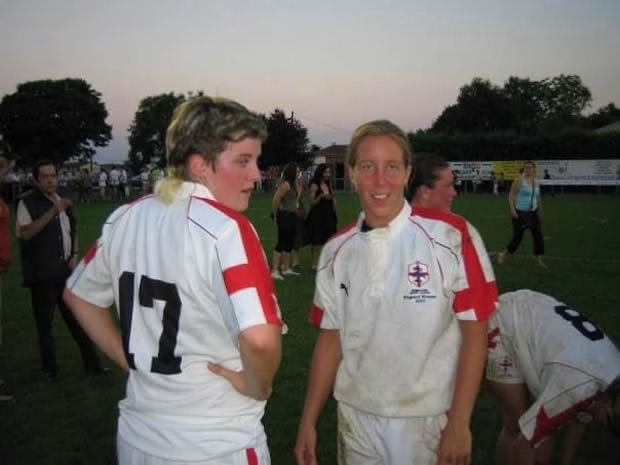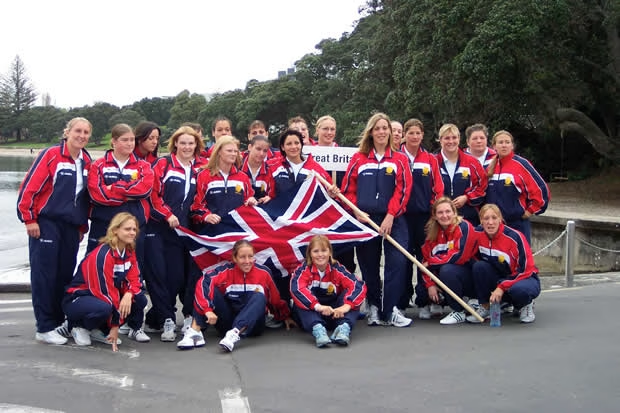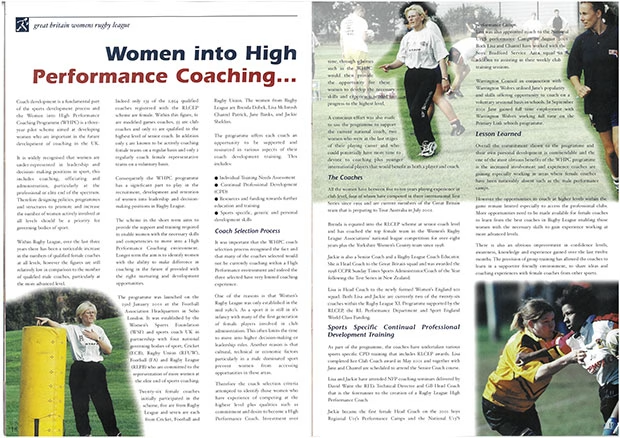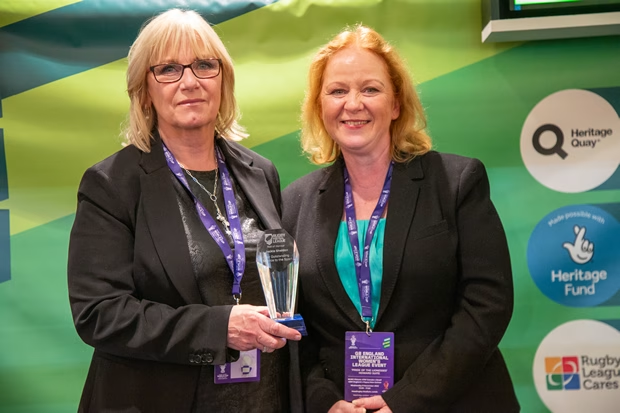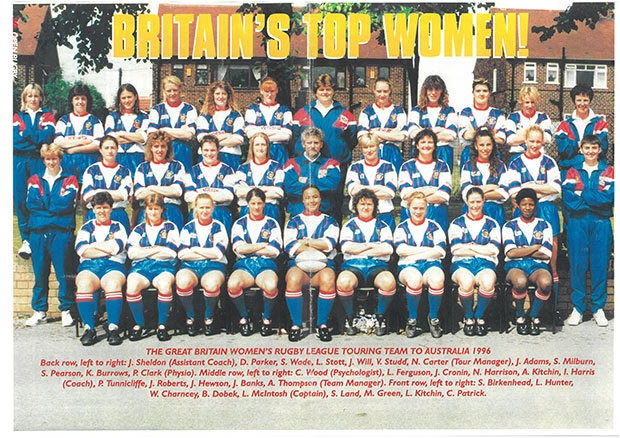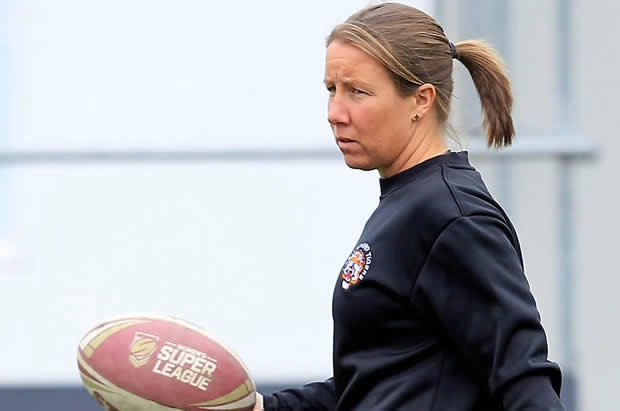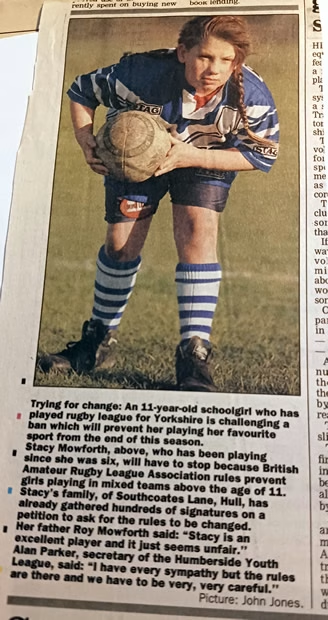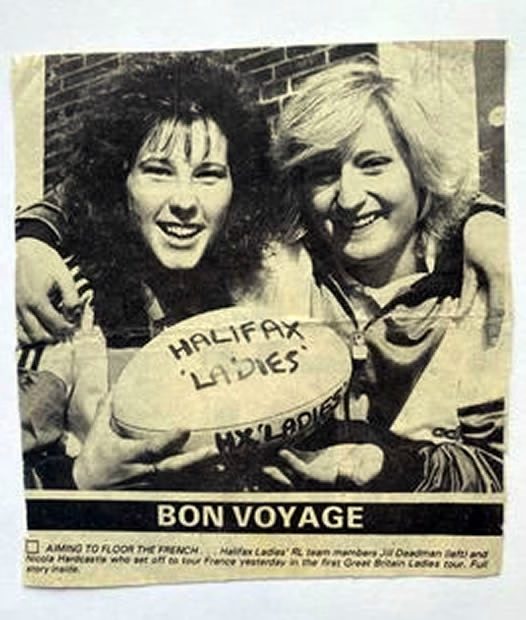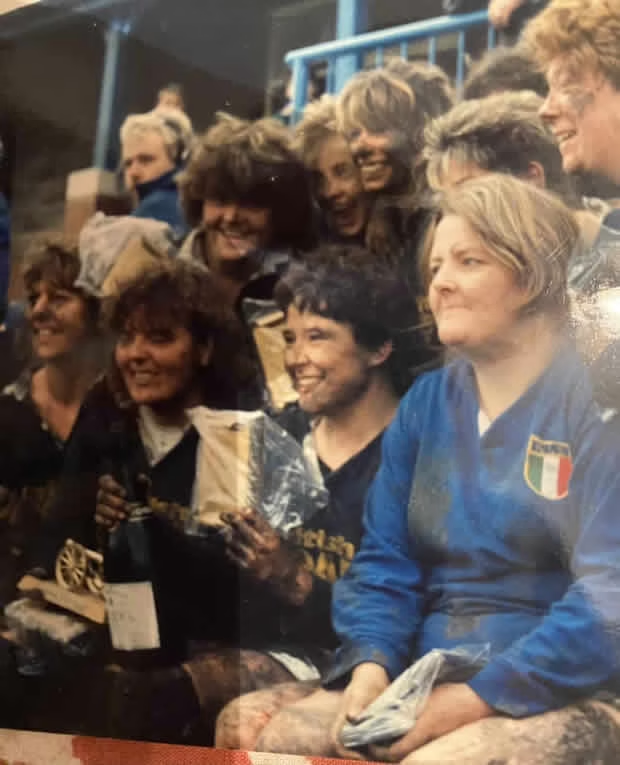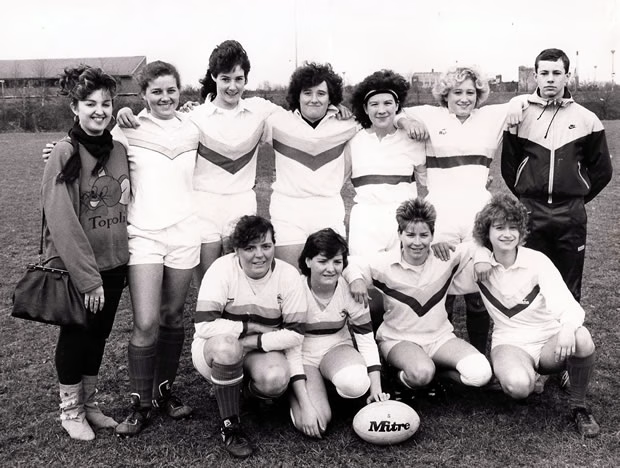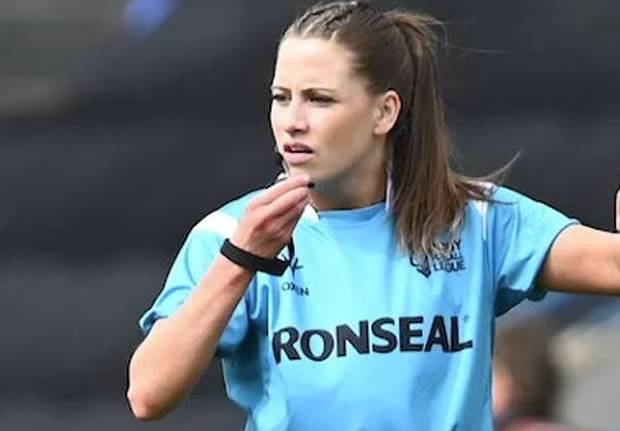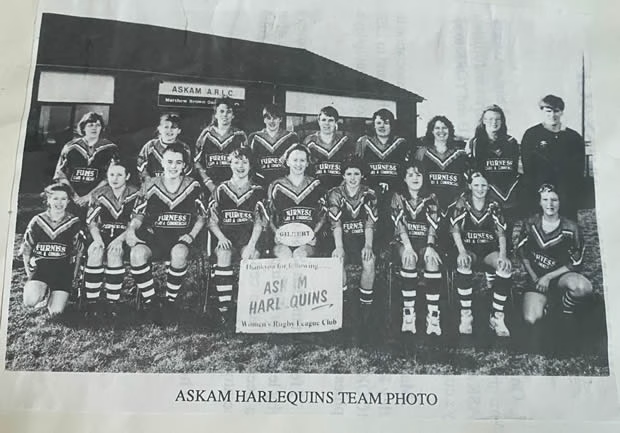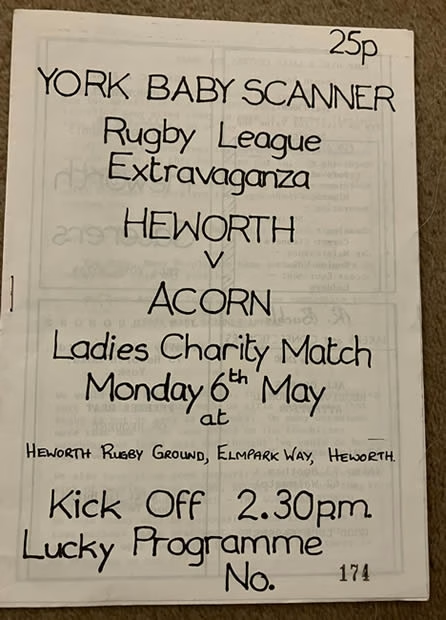The league expanded in 2018 with Leeds Rhinos, York City Knights and Wigan Warriors joining, while St Helens took over from Thatto Heath Crusaders.
Leeds took the League Leaders’ Shield but were defeated 18–16 by Wigan in the Grand Final.
The league was expanded again to eight clubs for 2019 with the addition of Wakefield Trinity. Leeds defeated League Leaders’ Castleford by 20–12 to become champions in front of a record crowd for a Women’s Grand Final of 1,673
In 2020, the growth of the league was planned to continue with Warrington Wolves and Huddersfield Giants joining from the Championship.
The structure was also slightly changed with the addition of a mid-season split and Shield Final for the bottom five clubs to play for.
However, with competition suspended in 2020 the changes did not come in until the 2021 season.
A Grand Final record crowd of 4,235 saw St Helens complete the treble with a 28–0 win over Leeds and Huddersfield won the Shield Final.
2022 saw the introduction of the RFL Women’s Nines as a pre-season tournament for 20 teams, which included all the sides in the Super League.
In 2022, the league expanded to 12 teams with the addition of Leigh Miners Rangers and Barrow Raiders who had been the top two teams in the 2021 Championship.
It was also split into two groups with end of season promotion and relegation between them. League Leaders’ York lost 12–4 to Leeds in the Grand Final and Warrington won the Shield Final to earn promotion to Group 1.
However, as Castleford had opted to play in Group 2 in 2022 there was no relegation this season.
In the 2023 season, Wakefield dropped down to the Championship and were replaced by the Salford Red Devils , and Leigh Leopards took the place of Leigh Miners Rangers following a partnership agreement between the two teams.
York Valkyrie (the renamed York City Knights) retained the League Leaders’ Shield and defeated Leeds 16–6 to become champions in front of a new Grand Final record crowd of 4,547.
Barrow won the Group 2 Final to secure their place in the 2024 Super League alongside Featherstone who finished top in Group 2





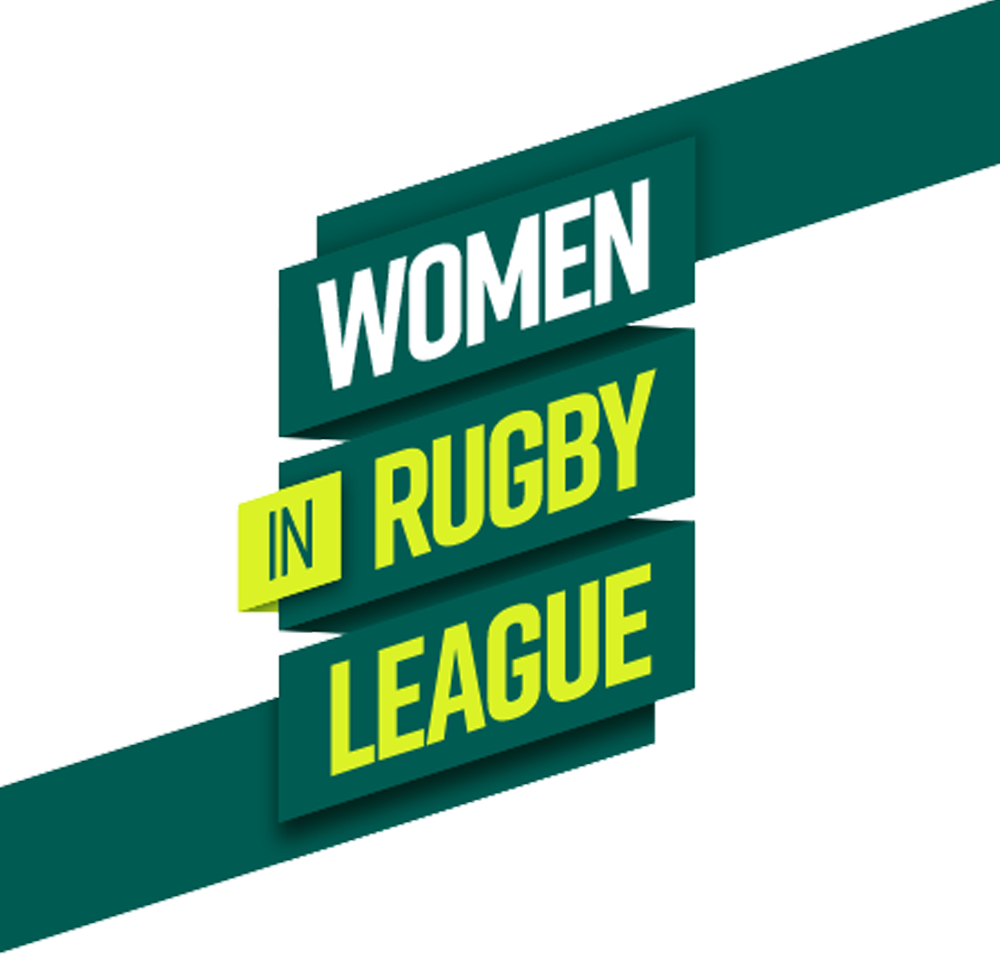
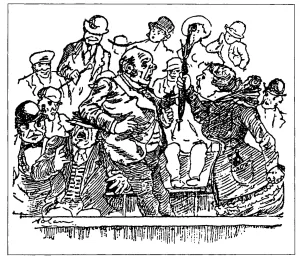 Perhaps the earliest example of a woman in organised rugby is Isabella Boardman, who was the landlady of the Bridge Inn in Salford.
Perhaps the earliest example of a woman in organised rugby is Isabella Boardman, who was the landlady of the Bridge Inn in Salford. For as long as rugby has been played women have been there to watch.
For as long as rugby has been played women have been there to watch.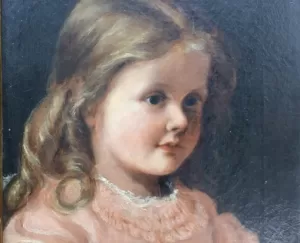 Wherever there has been a ball you can be sure that a woman or girl will have kicked or passed it.
Wherever there has been a ball you can be sure that a woman or girl will have kicked or passed it.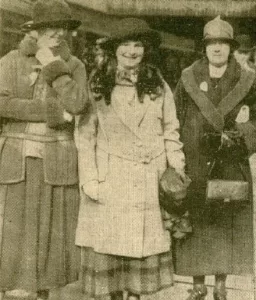 Prior to World War One clubs organised events to raise emergency funds to clear debts, but the economic depression of the inter-war years saw rugby league follow soccer and take up the supporters’ club movement.
Prior to World War One clubs organised events to raise emergency funds to clear debts, but the economic depression of the inter-war years saw rugby league follow soccer and take up the supporters’ club movement.
 Women school teachers played a big role in encouraging boys to play.
Women school teachers played a big role in encouraging boys to play.
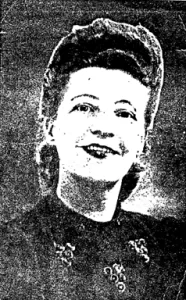 Surviving financial records show several women investing in rugby league clubs in England and Wales as early as 1907.
Surviving financial records show several women investing in rugby league clubs in England and Wales as early as 1907.
 From 1950 some of the most prominent women in the sport were the Rugby League.
From 1950 some of the most prominent women in the sport were the Rugby League.
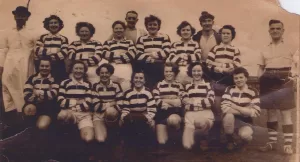 It was 1953 before women took to the pitch to play the first organised games of rugby league.
It was 1953 before women took to the pitch to play the first organised games of rugby league.
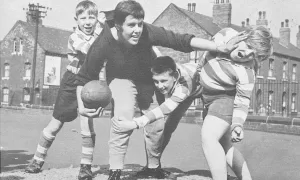 The 1960s brought cultural change to Britain, and rugby league was not immune as more women started to push their way to the fore.
The 1960s brought cultural change to Britain, and rugby league was not immune as more women started to push their way to the fore.
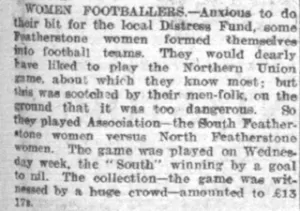 Many other women, whether they liked it or not, contributed to the sport because they were the wives or mothers of those who played or worked in the sport.
Many other women, whether they liked it or not, contributed to the sport because they were the wives or mothers of those who played or worked in the sport.




